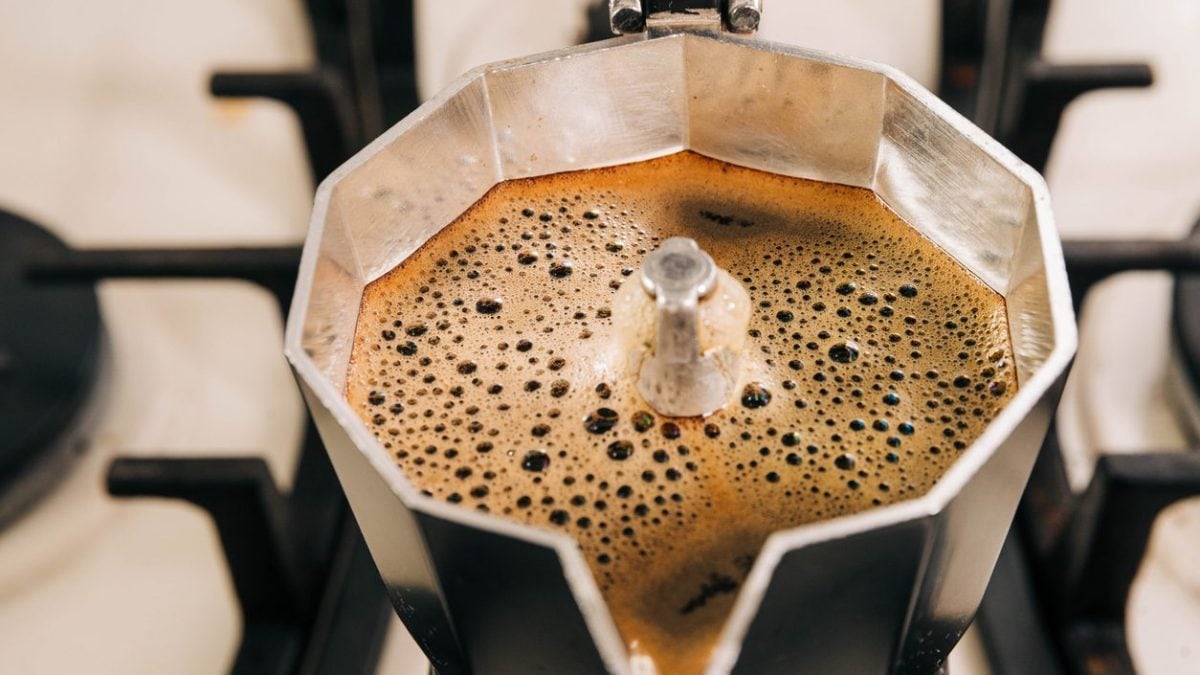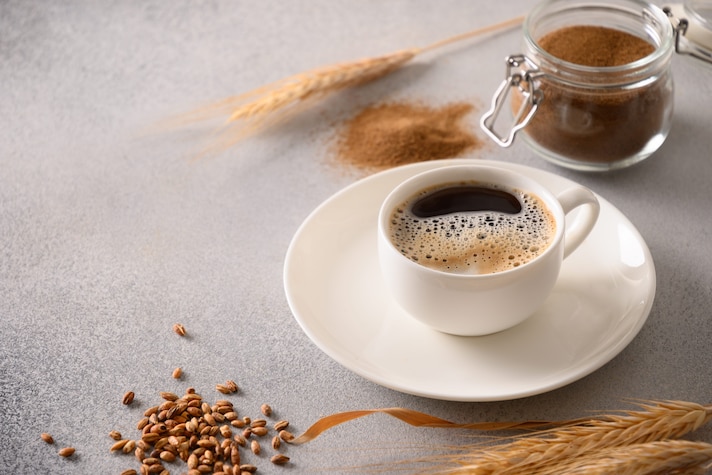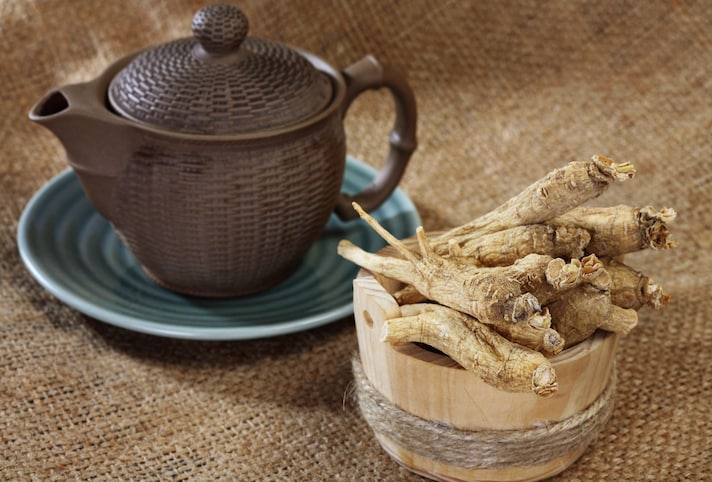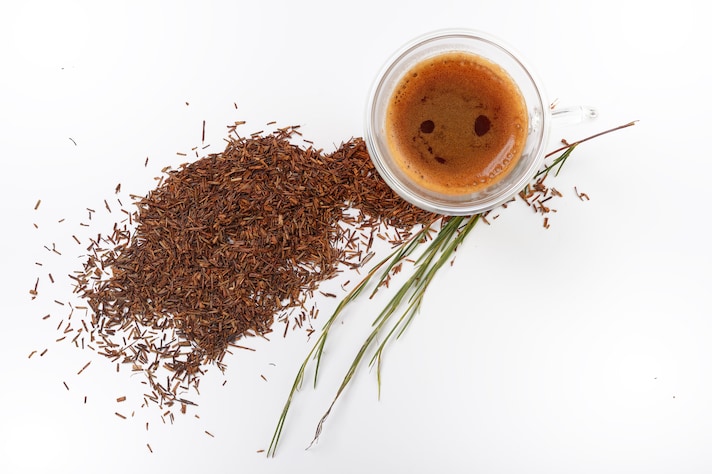
Coffee is a beloved beverage for millions of Americans, cherished for its robust flavor and energizing caffeine boost. However, for many, caffeine can cause unwanted side effects such as jitters, insomnia, or digestive discomfort. Whether you’re looking to reduce caffeine intake for health reasons, pregnancy, or simply to diversify your drink choices, there are plenty of delicious and healthy decaffeinated alternatives to replace coffee.
Why Consider Decaffeinated Alternatives?
While coffee provides a quick pick-me-up, it’s not ideal for everyone. Excessive caffeine consumption can lead to increased heart rate, anxiety, and disrupted sleep patterns. Decaffeinated alternatives allow you to enjoy a warm, flavorful beverage without these adverse effects. Moreover, many of these substitutes come packed with health benefits like improved digestion, anti-inflammatory properties, and mood enhancement, making them excellent additions to a balanced lifestyle.
1. Barley: Rich in Fiber with an Earthy Taste

Barley tea, popular in many cultures, is a comforting caffeine-free drink with an earthy flavor profile. It’s rich in soluble fiber, which supports digestive health and helps regulate blood sugar levels. Drinking barley tea regularly may contribute to lower cholesterol and improved heart health.
How to Brew Barley Tea
To prepare barley tea, lightly roast barley grains until golden brown, then steep them in boiling water for about 10 to 15 minutes. The resulting brew is nutty, warm, and soothing—perfect for mornings or afternoons.
2. Ginseng: Fights Stress and Fatigue

Ginseng is renowned for its adaptogenic properties, meaning it helps the body manage stress and fatigue. Unlike coffee’s quick caffeine spike, ginseng provides a more balanced energy boost without the crash, making it ideal for sustained focus and vitality.
Best Ways to Enjoy Ginseng Drinks
Ginseng can be brewed as a tea or blended into smoothies and lattes. It pairs well with honey and ginger, which add both flavor and additional health benefits.
3. Chicory: Balances the Gut Microbiota

Chicory root coffee is a classic coffee substitute favored for its robust, slightly bitter flavor that closely mimics coffee. Its high inulin content acts as a prebiotic, feeding good bacteria in the gut and promoting digestive balance.
Preparing Chicory Coffee Substitute
To make chicory coffee, roast ground chicory root and brew it like coffee, either on its own or mixed with coffee for a gentler caffeine experience.
4. Dandelion: A Diuretic That Improves Digestion

Dandelion root tea is a natural diuretic that helps reduce water retention and supports liver detoxification. Its earthy, slightly bitter taste is a favorite among herbal tea enthusiasts.
Tips for Brewing Dandelion Tea
Dry or roast dandelion roots, then steep in hot water for 10 minutes. Add honey or lemon to balance the bitterness.
5. Rooibos: Rich in Polyphenols with a Sweet Taste

Rooibos, native to South Africa, offers a naturally sweet and nutty flavor that’s caffeine-free. It’s packed with polyphenols, powerful antioxidants that protect against cell damage.
Flavor Profiles and Serving Suggestions
Rooibos can be enjoyed plain or with milk and spices, making it versatile for iced or hot beverages.
6. Golden Milk: Improves Mood and Has Anti-Inflammatory Properties

Golden milk, a traditional Indian beverage made from turmeric, is celebrated for its bright yellow color and health benefits. Turmeric contains curcumin, a potent anti-inflammatory compound that may enhance mood and cognitive function.
How to Make Authentic Golden Milk
Combine turmeric powder with warm milk (dairy or plant-based), a pinch of black pepper, cinnamon, and a natural sweetener like honey. Heat gently and enjoy.
;Resize,width=767;)
